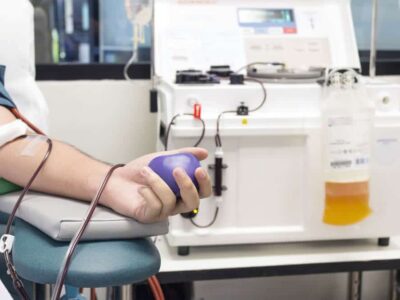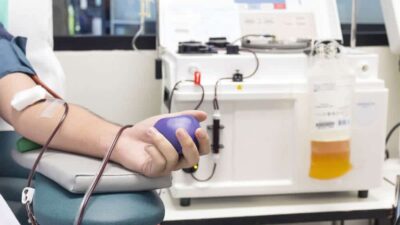
Choosing the right rehab program is one of the most important decisions a person can make when starting the journey to recovery. Not all facilities are the same, and asking the right questions helps ensure safety, comfort, and effectiveness. Before making that commitment, understanding what to look for can make all the difference between temporary progress and lasting healing.
1. What Type of Treatment Programs Are Offered?
Every addiction story is different, and so should be the recovery approach. Some centers focus on medical detox, while others offer residential or outpatient programs. It’s crucial to ask whether the rehab provides personalized treatment plans tailored to one’s specific substance use and mental health needs.
2. Is the Facility Accredited and Licensed?
Accreditation guarantees that the program meets strict standards for safety and care. Asking about certifications such as CARF or the Joint Commission ensures that the facility is held accountable to professional guidelines and ethical practices.
3. What Is the Staff-to-Patient Ratio?
Personalized attention is vital during recovery. A low staff-to-patient ratio ensures every client receives individual care and proper supervision.
4. Are Dual Diagnosis Treatments Available?
Many people struggling with addiction also battle mental health issues. Facilities that provide mental health treatment in Massachusetts are better equipped to handle co-occurring disorders. Ask whether the center has licensed mental health professionals on staff to address both addiction and underlying emotional conditions.
5. What Are the Program’s Success Rates?
Reputable rehab centers track their outcomes and share data on recovery rates and relapse prevention. While no program can guarantee results, a transparent facility will be open about its methods and success stories.
6. What Kind of Therapy Methods Are Used?
Effective rehab programs blend evidence-based therapies such as cognitive behavioral therapy (CBT), dialectical behavior therapy (DBT), group counseling, and holistic approaches like meditation or yoga. Understanding these methods helps ensure alignment with personal recovery goals.
7. How Long Does the Program Last?
Recovery takes time. Programs can range from 30 to 90 days, or even longer. Asking about duration and flexibility helps individuals plan around personal and professional responsibilities while ensuring enough time for healing.
8. What Support Is Provided After Discharge?
Rehab doesn’t end after leaving the facility. Strong aftercare programs—like alum support, continued therapy, or sober living—play a crucial role in maintaining long-term recovery.
9. What Are the Costs and Insurance Options?
Transparency in pricing and insurance coverage prevents surprises. Always confirm whether the program accepts specific insurance plans and what services are covered under those benefits.
10. How Involved Are Family Members in the Process?
Addiction impacts the entire family. Many leading programs encourage family counseling and educational sessions, helping loved ones understand their role in recovery.
Brook Recovery Inc — A Path to Sustainable Healing
At Brook Recovery Inc., compassion meets clinical expertise. This Massachusetts-based center provides a safe, structured environment for individuals seeking recovery from addiction. Their comprehensive treatment options include partial hospitalization, intensive outpatient, and standard outpatient care. Each program integrates therapy, relapse prevention education, and holistic practices to restore balance and build resilience.
Brook Recovery Inc stands apart for its personalized approach. Clients are guided through each recovery phase by licensed professionals dedicated to long-term wellness. From initial detox to ongoing support, the facility ensures every person receives the tools to live freely, confidently, and purposefully.
Final Thoughts
Entering rehab is a brave decision. By asking the right questions, individuals gain clarity and confidence in their choice. Recovery isn’t a one-size-fits-all path—it’s a journey built on trust, knowledge, and the right support system. Choosing a reputable facility like Brook Recovery Inc. can make that journey both meaningful and enduring.











